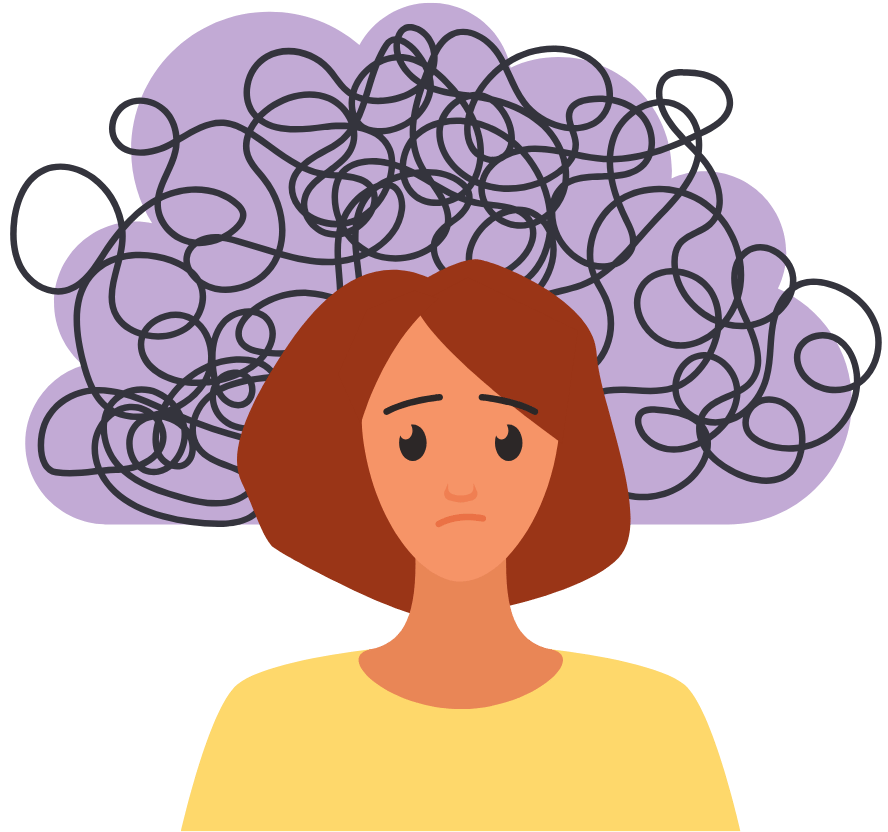Workplace-specific risk factors include job security, excessive workload, low job control, bullying and lack of organisational support. The
Model Code of Practice: Managing Psychosocial Hazards at Work provides practical guidance on complying with work health and safety legislative duties.
Early warning signs of mental health conditions include persistent changes in sleep patterns, appetite, energy levels, mood and social behaviour that last for several weeks and interfere with daily functioning.
